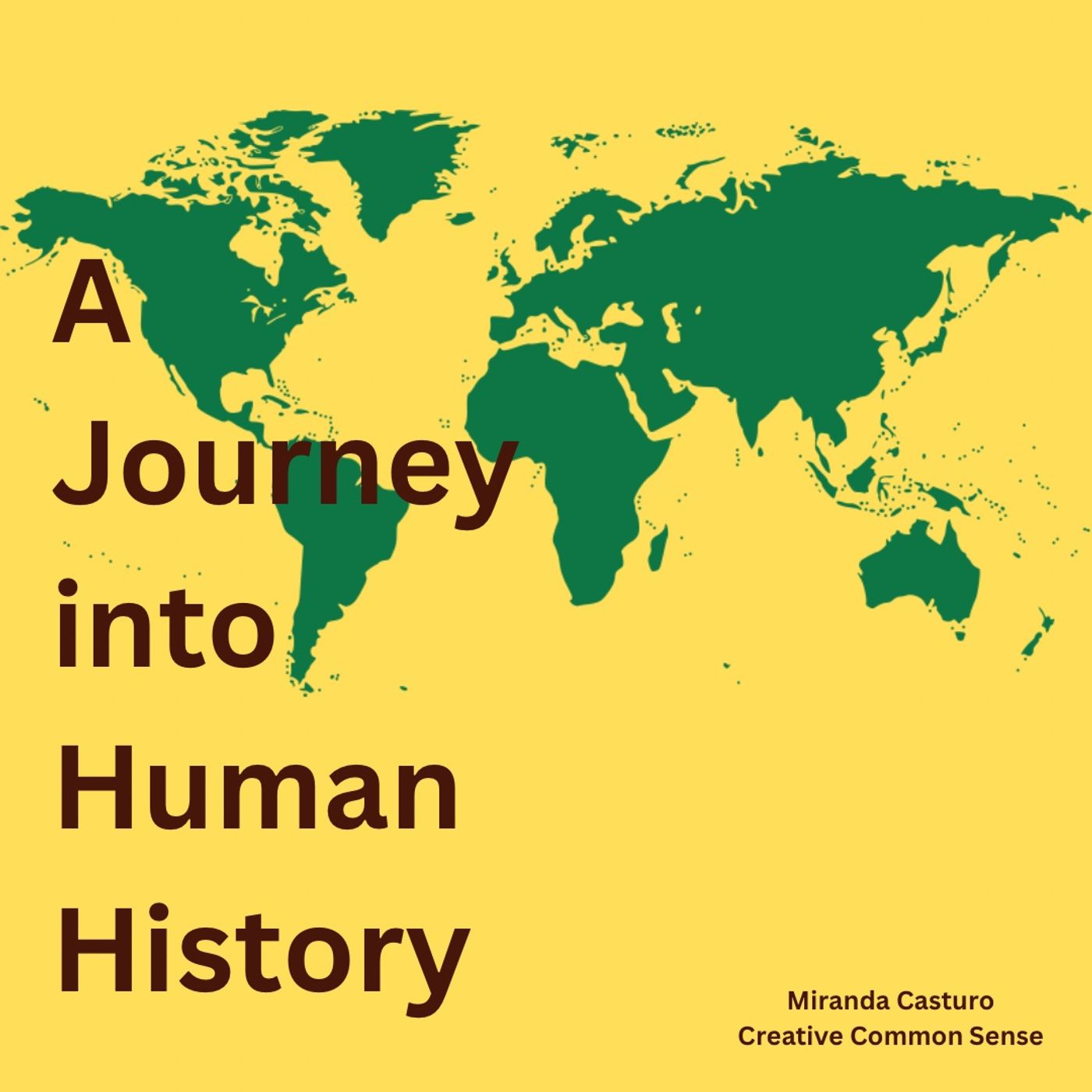Debates about the Environment
Description
In the 1950s and 1960s, some in developed countries began responding openly to the environmental problems they saw around them, including those caused by the Green Revolution. Scientists like Rachel Carson, author of Silent Spring, gave legitimacy to these concerns, and many people became environmental activists working to promote change. They and the environmental groups they created spoke of the need to address global warming and climate change, the dangers of nuclear energy, deforestation, the ozone hole, and many other problems. These efforts were occasionally met with resistance, not just from those who survived by exploiting natural resources in their own developing countries, but also from workers, like loggers and others, in developed countries. By the 1980s, international groups like the United Nations were also calling for action. Specific measures like the Montreal Protocol were followed by the UN’s ambitious 2015 Paris Agreement to limit warming. But achieving international agreement about how best to handle the problem of climate change remains a struggle.
All images referenced in this podcast can be found at https://openstax.org/books/world-history-volume-2/pages/15-2-debates-about-the-environment
Welcome to A Journey into Human History.
This podcast will attempt to tell the whole human story.
The content contained in this podcast was produced by OpenStax and is licensed under a Creative Commons Attribution License.
Access for free at https://openstax.org/books/world-history-volume-2/pages/1-introduction
Podcast produced by Miranda Casturo as a Creative Common Sense production.
More Episodes
When the Soviet Union collapsed in the early 1990s, it seemed possible to many in the West that the United States would lead the world into a new era of universal liberal democracy. But in 2001, the September 11 attacks by the terrorist group al-Qaeda prompted the United States to begin wars in...
Published 11/08/24
By the 1990s, computers had become commonplace in developed countries, though fears about their potential impact on privacy grew with the rise of the internet and social media. Easy access to social media over smartphones helped young protestors in Tunisia and Egypt organize to challenge their...
Published 11/06/24
Published 11/06/24


